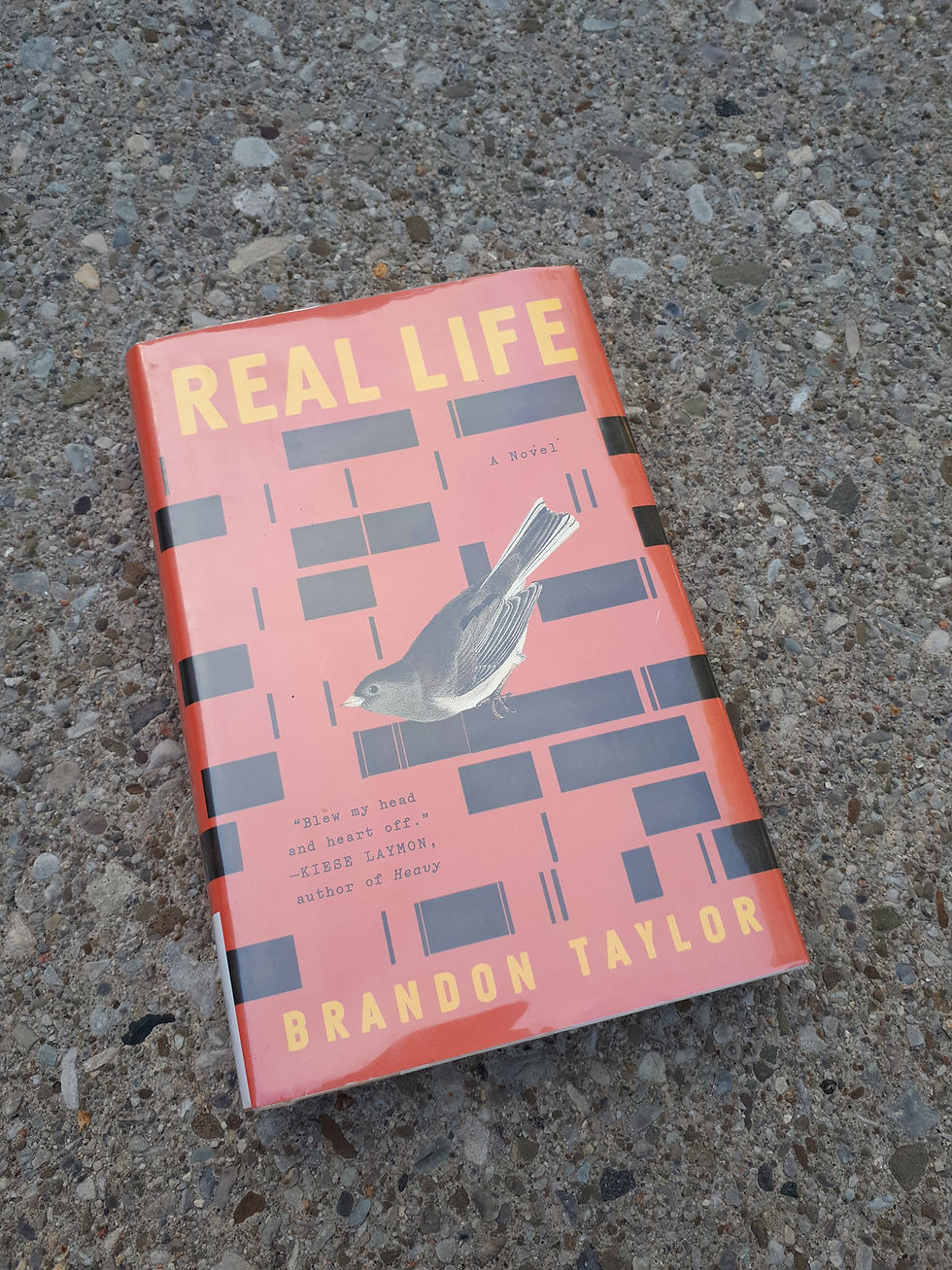Highly Recommended: Advice about Indigenous Allyship
- TT4C Team

- Jun 8, 2021
- 3 min read
We appreciated this post from Bryson The Gaytive (follow on Twitter @ArnallLabrador) on Indigenous allyship etiquette.
As he writes,
"Allyship is a lifelong learning process."
We agree that allyship isn’t an attitude or act only to be practiced in the wake of traumatic events like the announcement by representatives of the Tk’emlúps te Secwépemc First Nation of the discovery of 215 Indigenous children buried at the former Kamloops Indian Residential School, children who lost their lives as a result of Canada’s racist residential school system. The communal reckoning this motivates, the difficult conversations it raises, the calls to action it renews, the responses it elicits to the ongoing colonial legacy of trauma and grief need to be sustained beyond this month, this year, this decade.
Every day it is imperative to commit to holding ourselves and our institutions accountable to the Truth and Reconciliation Commission’s Calls to Action.
Every day we must listen to Indigenous voices to guide us in how we can collectively move towards decolonization.
Everyday we need to reflect and work on how to be good allies in relationship with First Nations, Inuit, and Métis peoples and cultures.
Here are some of Bryson The Gaytive’s recommendations for allyship with Indigenous peoples that resonated for us:
Riisa: #28 “Not all Indigenous Folx want to engage with you” was one point that stood out to me. It highlighted the fact that, non-Indigenous people living on Turtle Island, in particular people of European ancestry, need to stop expecting that being committed to truth and reconciliation and advocating for anti-colonial education, legislation, and socio-cultural relationships should be rewarded with unequivocal trust, special recognition, or by being offered a seat at every table.
Aparna: #30 "Allyship is going to make you 100% uncomfortable at times and will make you question everything in your life. Be prepared to be uneasy. Be prepared to step up." All too often people have and share intense feelings of shock, sadness, horror, anger and outrage when a news cycle breaks. Unfortunately, these feelings only last a short while and do not always translate to action. I have been reflecting on the insights from this particular statement for quite some time. As I seek to learn and understand truth, focus on reconciliation, and work towards social justice, I have had to question everything in my life - about my upbringing, what I was taught, who I am, and what I stand for. While it is not easy, it has become abundantly clear to me that it is absolutely necessary. Without truth, there cannot be reconciliation.
Lindsay: #6 "Settler and Colonizer are not derogatory words." I have British ancestry. Britain and British North America had a clear policy of colonization with respect to Canada (as did the French) so I have settler / colonialist ancestry. Those of us who are not the First Peoples have come to this land in many ways: as the descendants of enslaved peoples, as refugees, as immigrants who settled here and/or colonized Turtle Island. These origins are important to recognize and embrace in order to understand how we each fit in and to better understand our roles in the work of Truth and Reconciliation. For me the following two pieces of advice feel interconnected with #6 if you are white and/or have family who have been in Canada for many generations: #8 "White people or calling you white isn't derogatory" and #5 "Race shifting is a problem in allyship, a huge problem. No one cares about your 10 times grandmothers mystical Native origins." These two points are about accepting who I am and understanding my family's history without trying to make it more palatable.





Comments